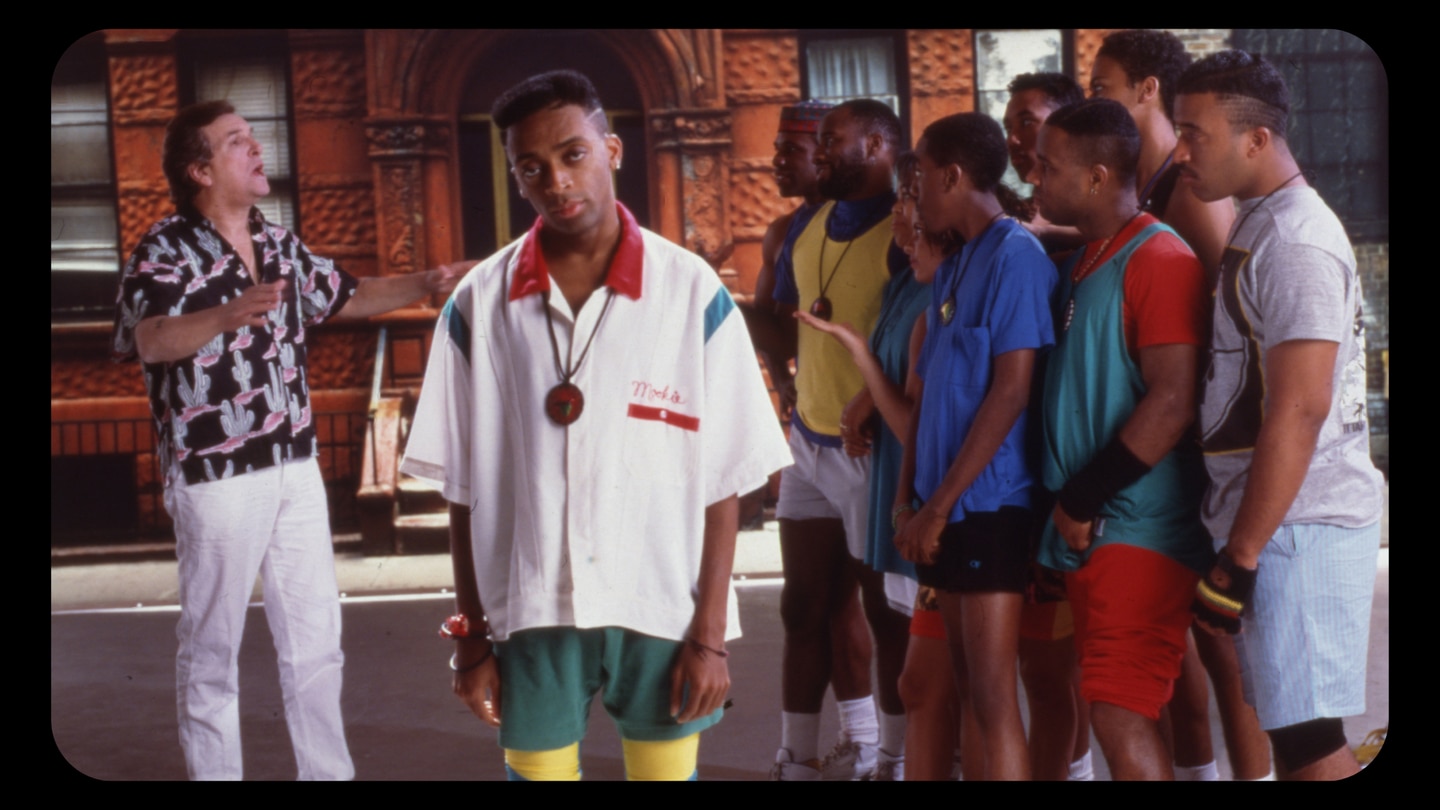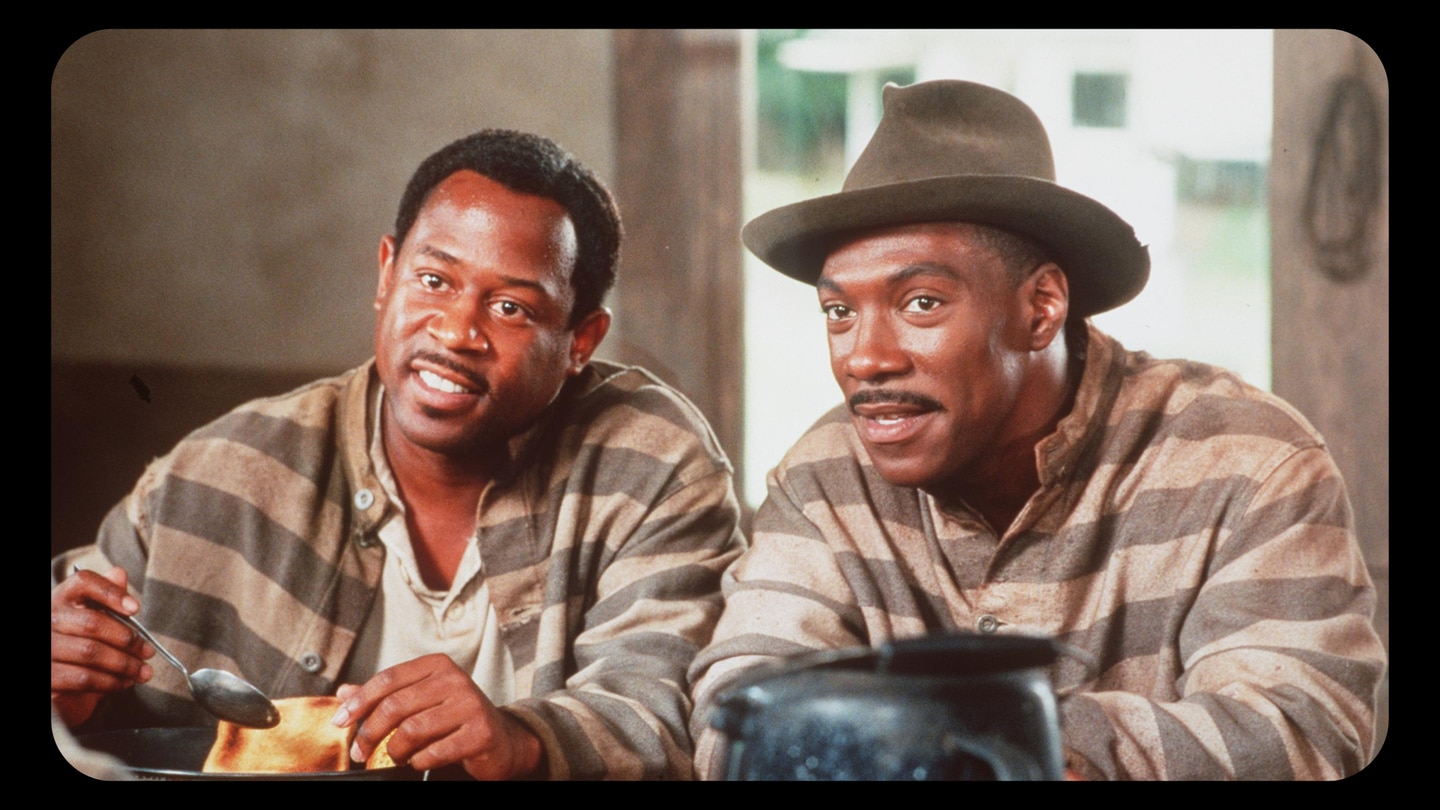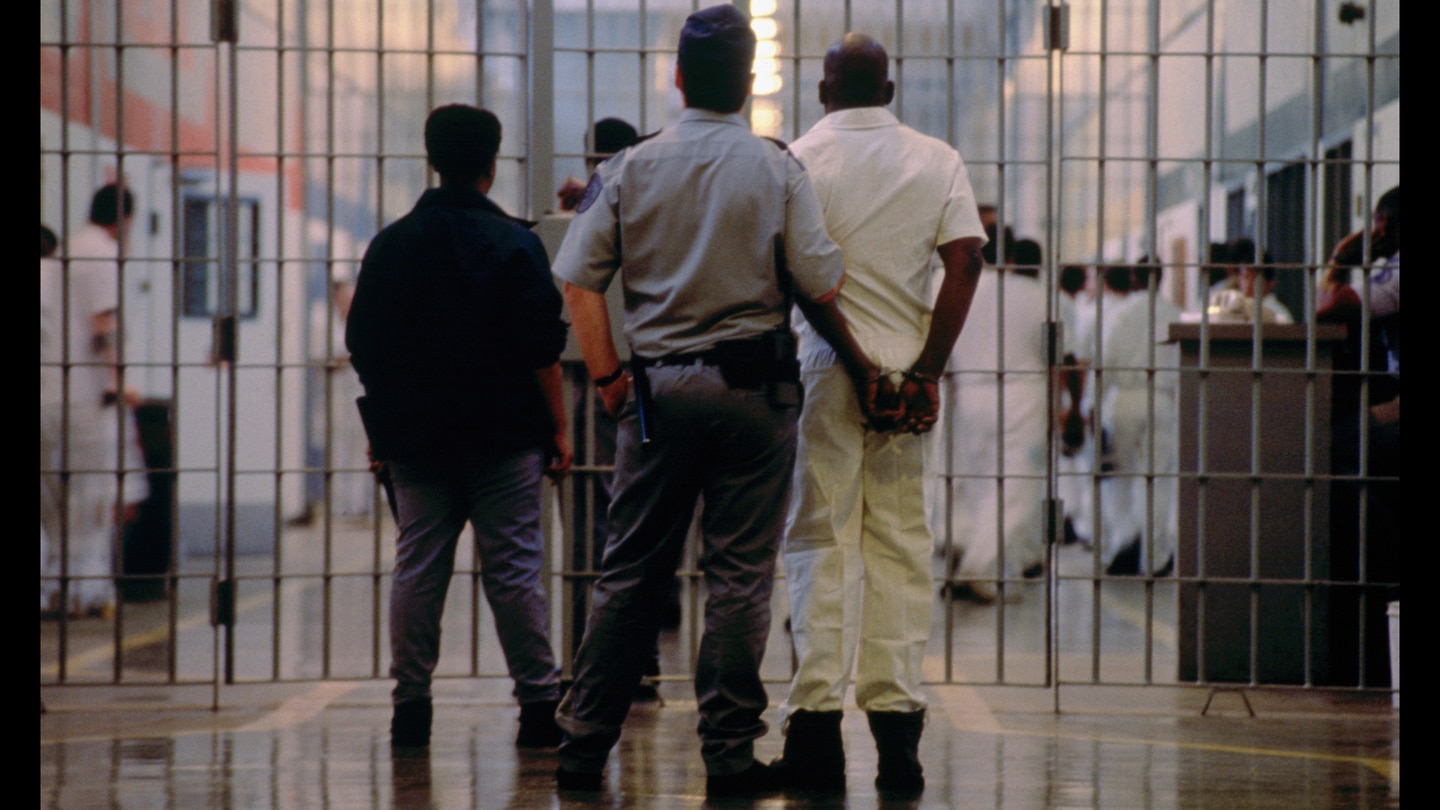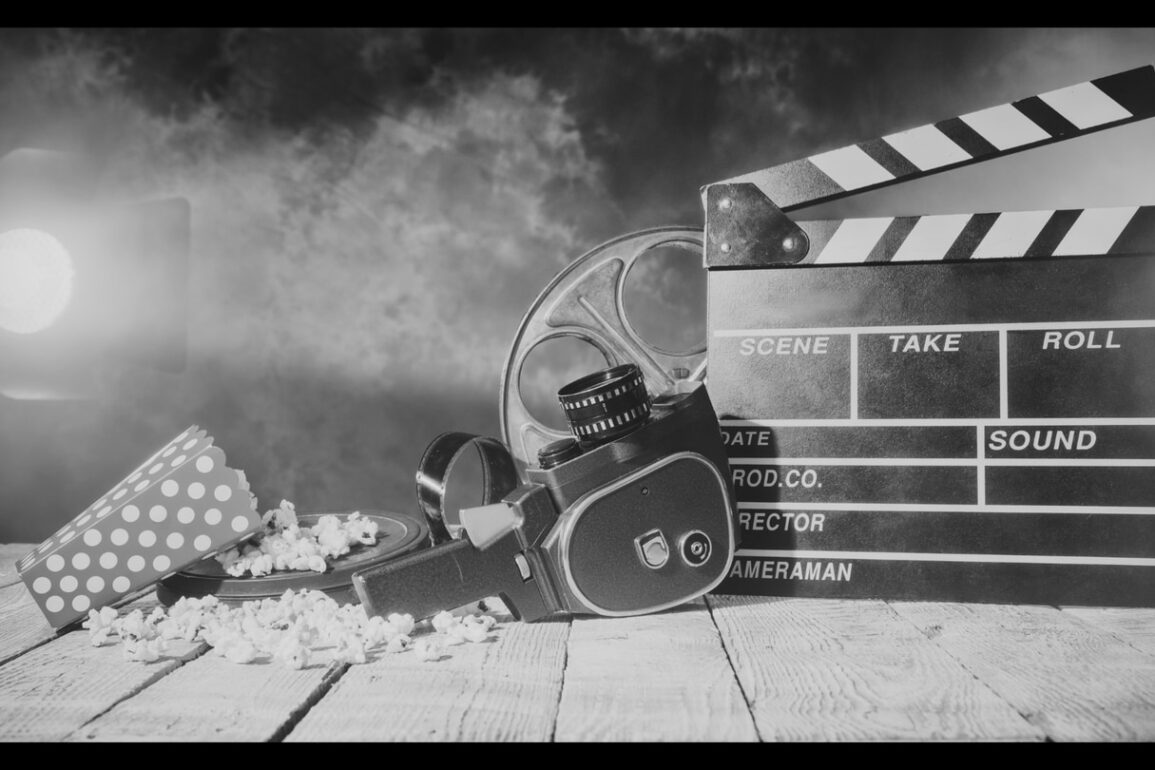
Black Art often functions as an archive of our history. Not just in prestigious museums or university libraries, but through our favorite movies. Movies that we hold with great reverence within the community that didn’t always receive that same support from “mainstream” audiences. Nonetheless, they too hold stories that speak to our continued fight for an equitable, safe and free world for all Black people.
To honor that, here are three films that embody the legacy of Black August and the ongoing struggle against police violence and the prison-industrial complex.
Do The Right Thing (1989)




A Black American classic written, produced and directed by Spike Lee, Do The Right Thing still speaks to the state of race and ethnic relations in the United States over three decades later. The movie explored the inter-racial tensions in a predominantly Black neighborhood in Brooklyn, New York. At the center of this story is Mookie, a twenty-five-year-old delivery man at a local pizzeria owned by Sal, an Italian American.
There are a host of peculiar albeit interesting characters who are positioned as important cultural figures in the neighborhood. But the most notable and who sets off the climax of the film is Radio Raheem, a Black man of very few words, but a distinct presence who carries around a boombox blasting Public Enemy’s Fight the Power. After an altercation with Sal at the Pizzeria that led to the police being called, Raheem is placed in a chokehold by a police officer and ultimately killed. A community uprising ensues, and the pizzeria is destroyed.
The murder of Radio Raheem eerily mirrors the real-life deaths of George Floyd and Eric Garner, two Black men who were also choked out by a police officer in broad daylight. Lee really puts the spectacle of it all on full display, not just with the police violence, but also the community’s justified rage. And it was as much a spectacle in this 1989 film as it was for Los Angeles in 1992, Ferguson in 2014 and Minneapolis in 2020. In many ways, this film represents a revolving door between the past and present.
Life (1999)




A Star-studded line-up of the culture’s most acclaimed comedians, Life is one of those movies remembered for all the laughs it gave us. But outside of that, it really spoke to the very flawed and racist nature of the U.S. criminal justice system. Set in 1932, Ray Gibson and Claude Banks, two strangers from vastly different walks of life, find themselves at the wrong place at the wrong time in a Mississippi town and are eventually framed for a murder committed by a racist sheriff. They received life sentences at an infamous Mississippi State Penitentiary where they attempted several unsuccessful escapes.
Intertwined with Ray and Claude’s tumultuous friendship and the bonds they form with several of their eccentric fellow inmates, is a story that humanizes Black men navigating an inherently dehumanizing system. Though this took place during the Jim Crow era when a Black person could be imprisoned, or worse, killed on account of nothing more than the word of a white person, the premise of the film is not an unfamiliar story. The murder of Emmett Till just barely touches the surface of the longstanding systemic issue. From Hezekiah Watkins, a 13-year-old Freedom Rider who was arrested and put on death row at the notorious Parchman, Mississippi prison to the Central Park 5 in New York City, violence against Black folks under the guise of justice is an intricate part of this country’s legacy. Life is somewhat of a lighthearted snapshot into that very painful history.
Civil Brand (2002)
Civil Brand is a Black American deep cut that we don’t hear much about these days. This may be in part due to it not being a “commercial” success, but this movie put a necessary spotlight on the lives of incarcerated Black women. At the center of this story are five women who decide to take a stand against rampant abuse and exploitation under the leadership of a corrupt correctional officer, Captain Alan Dease. Narrated by Sabrina Downs, a former inmate, we get an inside look of the day in a life at the Whitehead Correctional Institute (also known as the plantation) prior to its demise.
At the beginning of the movie Sabrina introduces us to the newly incarcerated Frances and her journey to acclimatize to a life behind bars. This film holds no punches as we get a glimpse of the exploitative labor the women must endure daily. The culture of manipulation and physical and sexual violence perpetrated by Captain Dease is also evident early on in the film. After their unsuccessful attempts to amicably demand better working conditions through a petition, the inmates take matters into their own hands which led to the closing of the facility.




It’s no secret. The United States has a prison problem. A problem that has been steadily evolving and growing since slavery was abolished and the convict leasing system made its debut. A problem that has placed it in the number one spot for the highest prison population in the world, with Black people making up almost 40% of that population.
So why does a movie like Civil Brand matter? For a lot of reasons.
Black women are 1.6 times more likely to be incarcerated than white women. Additionally, just as sexism impacts all facets of our lives outside of prison, it is undoubtedly heightened when the added marginalization of being incarcerated comes into play. According to a 2019 report from the United States Commission on Civil Rights, women are punished more harshly than men for violating prison rules. This is compounded by the widespread sexual abuse occurring in women’s prison, an issue Civil Brand does not shy away from. This film, which was really ahead of its time, is a callback to events like the Attica Uprising and a reminder that this country has a long way to go in overhauling the bad business of prisons.
This post was originally published on this site be sure to check out more of their content.







